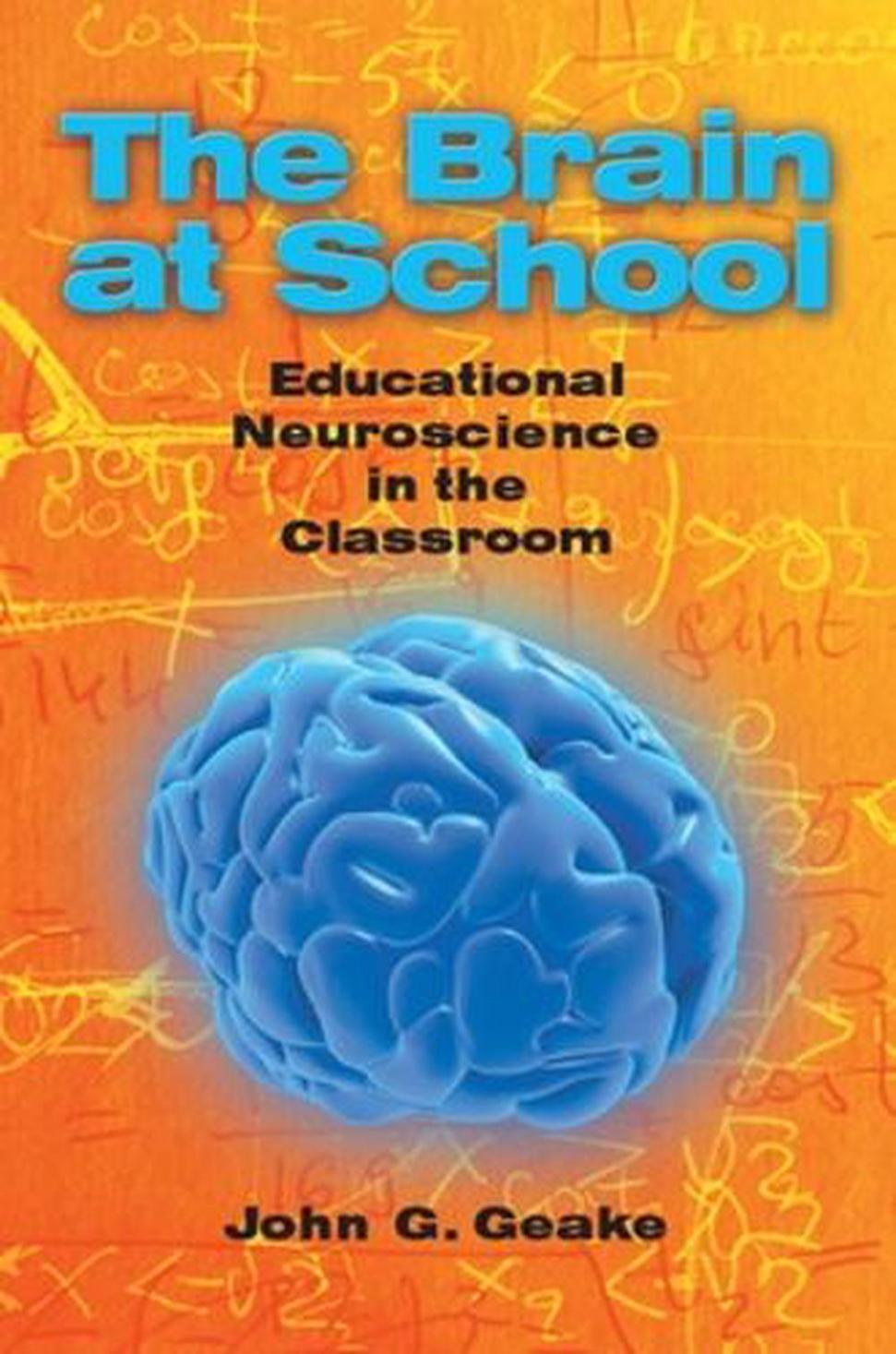What Are the Key Brain Insights Every Retail Manager Should Know?
In today's competitive retail landscape, understanding the consumer's brain is more important than ever. By leveraging brain insights, retail managers can optimize the shopping experience, increase sales, and build stronger customer relationships.

The Brain's Response To Retail Environments
The brain is constantly processing information from its surroundings. When a consumer enters a retail store, their brain is bombarded with sensory stimuli, including visual, auditory, and olfactory information. These stimuli can have a significant impact on the consumer's mood, behavior, and purchase decisions.
- Visual stimuli: The brain is drawn to bright colors, interesting shapes, and movement. Retailers can use these elements to capture attention and create a positive shopping experience.
- Auditory stimuli: Music can have a powerful impact on the brain. Upbeat music can create a sense of excitement, while slower music can create a more relaxed atmosphere. Retailers can use music to set the mood and influence consumer behavior.
- Olfactory stimuli: The sense of smell is closely linked to memory and emotion. Retailers can use scents to create a memorable brand experience and trigger positive associations with their store.
The Psychology Of Consumer Decision-Making
The brain plays a key role in consumer decision-making. When a consumer is faced with a purchase decision, their brain weighs the risks and rewards of each option. Emotions also play a significant role in purchase decisions. Consumers are more likely to buy products that make them feel good.
- Emotions: Emotions are a powerful driver of purchase decisions. Consumers are more likely to buy products that make them feel good, such as happy, excited, or confident.
- Risk and reward: The brain weighs the risks and rewards of each purchase decision. Consumers are more likely to buy products that they perceive as having a high reward and a low risk.
- Social proof: Consumers are influenced by the opinions of others. They are more likely to buy products that are popular with their friends, family, and peers.
Neuromarketing Techniques For Influencing Consumer Behavior
Neuromarketing is the study of how the brain responds to marketing stimuli. Retailers can use neuromarketing techniques to influence consumer behavior and drive sales.
- Visual cues: Visual cues can be used to capture attention and create desire. For example, retailers can use bright colors, interesting shapes, and movement to draw consumers' eyes to specific products.
- Emotional appeals: Emotional appeals can be used to drive sales. For example, retailers can use advertising campaigns that make consumers feel happy, excited, or confident.
- Storytelling: Storytelling is a powerful way to create a memorable brand experience. Retailers can use storytelling to connect with consumers on an emotional level and build stronger relationships.
The Impact Of Technology On Consumer Behavior

Technology is changing the way consumers shop. Online shopping and mobile devices are becoming increasingly popular. Retailers need to understand how technology is impacting consumer behavior in order to stay competitive.
- Online shopping: Online shopping is becoming increasingly popular. Consumers appreciate the convenience and selection that online shopping offers. Retailers need to have a strong online presence in order to reach these consumers.
- Mobile devices: Mobile devices are becoming an essential part of the shopping experience. Consumers use their mobile devices to research products, compare prices, and make purchases. Retailers need to have a mobile-friendly website and app in order to reach these consumers.
- Augmented reality and virtual reality: Augmented reality and virtual reality are emerging technologies that are changing the way consumers shop. These technologies allow consumers to experience products in a more immersive way. Retailers can use these technologies to create a more engaging and memorable shopping experience.
By understanding the brain, retailers can optimize the shopping experience, increase sales, and build stronger customer relationships. The key brain insights that retail managers should know include the role of sensory stimuli in creating a positive shopping experience, the psychology of consumer decision-making, neuromarketing techniques for influencing consumer behavior, and the impact of technology on consumer behavior. Retailers who stay up-to-date on the latest research in neuroscience will be better equipped to create a more profitable and enjoyable shopping experience for their customers.

YesNo

Leave a Reply